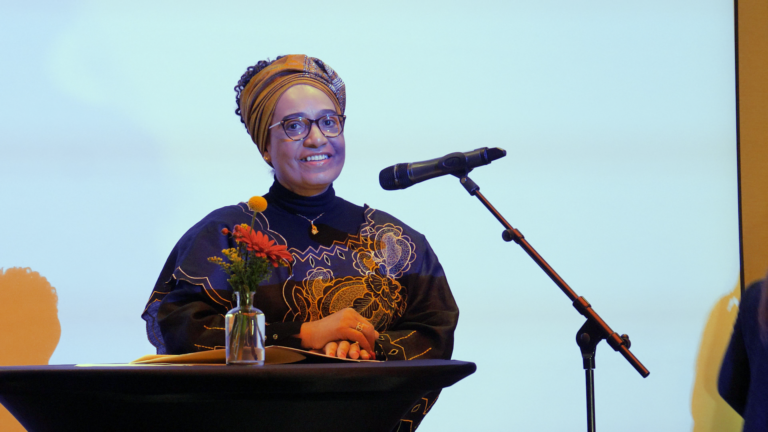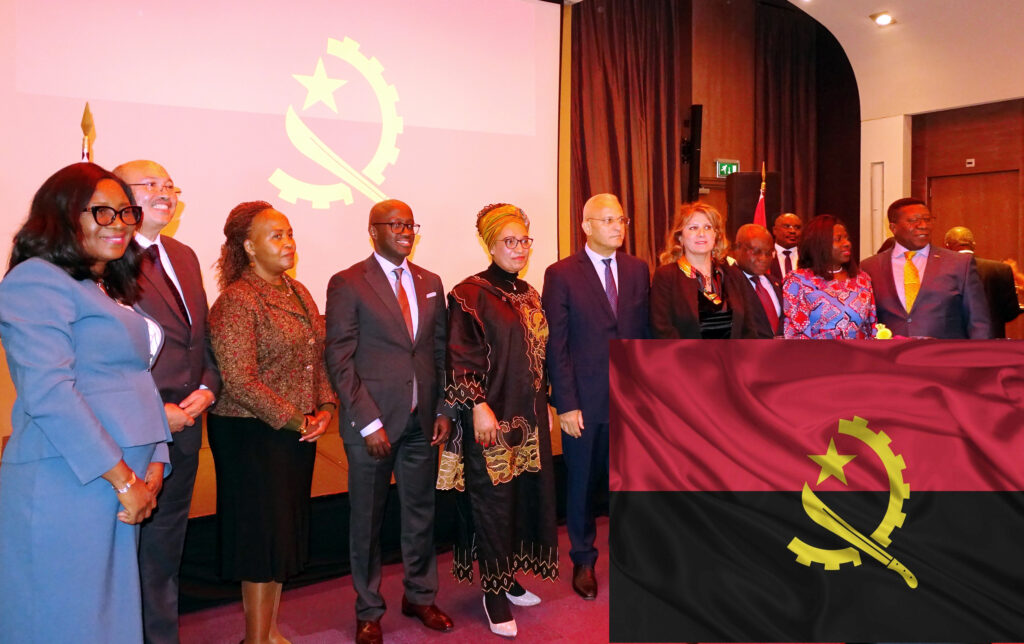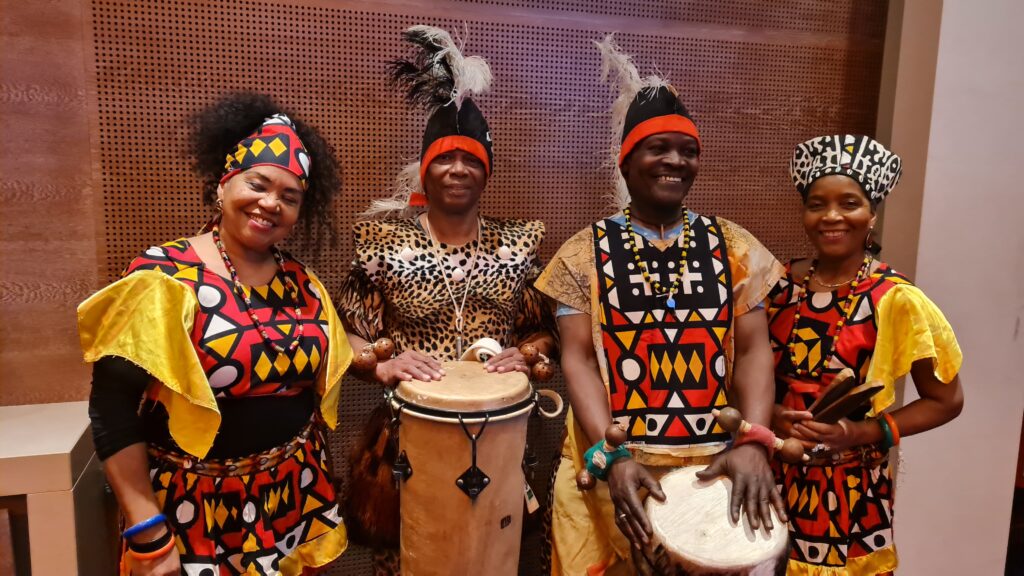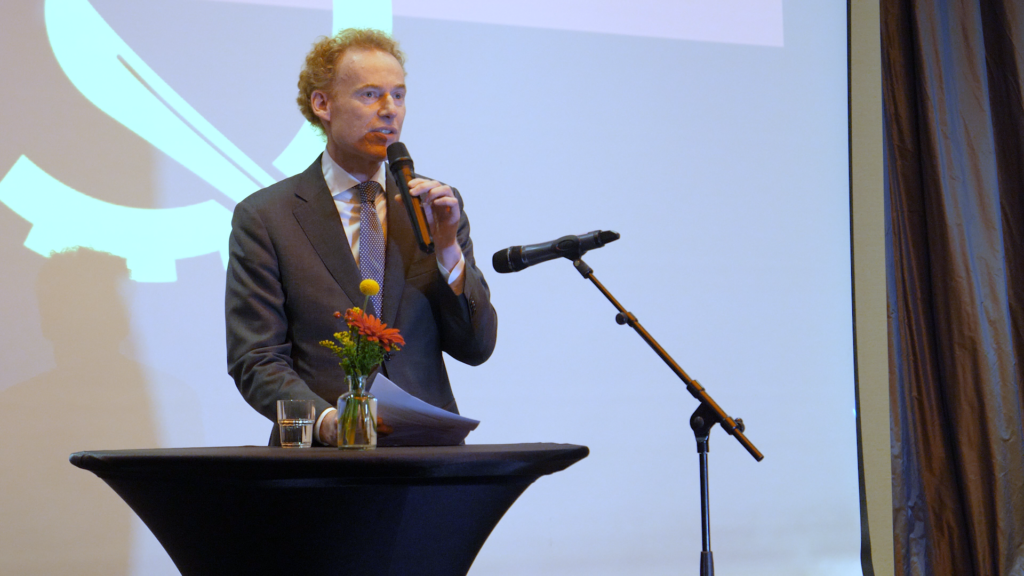By H.E. Mr. Jaime Moscoso Valenzuela, Ambassador of Chile to the Kingdom of the Netherlands
Chile, a long country at the end of the South American continent, is well known for several things: our Nobel Prize winning poets, Gabriela Mistral and Pablo Neruda, Eastern Island, the astronomical observatories, and our rich geography, among others, which gives us so many natural wonders. Thanks to this geography, we are recognised for our fruit, wine and salmon, as a tourist destination for adventurers, but also for our mineral resources, such as copper and lithium. Today, a new energy source of the future has been added to our export offer: hydrogen.
Hydrogen is set to be the definitive replacement for fossil fuels, with zero emissions of carbon dioxide and other polluting gases. To produce it, a process called electrolysis is required, which, based on high amounts of electricity (produced by renewable energies) breaks the water molecule (H2O) and separates it into hydrogen (H) and oxygen (O). While the hydrogen is stored for use as fuel, the oxygen is released into the atmosphere.
Chile could produce green hydrogen – thanks to solar and wind energy – at a very low cost, and could have an installed capacity of 25 Giga Watt by 2030, according to a study by global strategic management consultancy McKinsey & Company.
How will we achieve this? Thanks to the sun in the north of the country and the wind in the south. In the north, where the Atacama Desert is, the driest in the world, and where the astrological observatories are located due to the clarity of the skies, we have an enormous capacity for the installation of solar plants that will feed the electrolysis plants that will produce the hydrogen. In the south, in the Region of Magallanes and Chilean Antarctic, where the American continent ends and the Strait of Magellan is located, wind energy could produce 13% of the world’s green hydrogen, considering that the annual potential for wind power generation in Magallanes could exceed the current electricity generation of the Chilean electricity grid by 7 times.

The Atacama Desert is well known for having the highest UV radiation on Earth with a solar energy potential of over 1,400 GW and the strong winds in the Magallanes region reaches a total on-shore wind potential of 130 GW, allowing in both cases for world-leading capacity factors. This huge potential combined with a mature renewable energy sector with the presence of the main international companies, gives Chile the best conditions to produce green hydrogen in the short term and become a green hydrogen exporter leader by 2030.
To achieve this goal, we need to attract more investment, but also find a new way of developing projects internally, with a more inclusive overview and a close relationship with communities and territories to improve our ESG (environmental, social and governance) performance.
At the same time, experts estimate that green hydrogen production will allow the implementation of a decentralised development model, generating local energy markets that commercialise hydrogen and electricity. This is also in line with President Gabriel Boric’s commitments to decentralise Chile and give more autonomy and development to the regions.
Chile has committed to achieving carbon neutrality by 2050 in its National Determined Contribution (NDC), and green hydrogen could go a long way towards achieving this. The deployment of green hydrogen in applications such as freight transport, motor uses in mining and industry, and residential and industrial heat could account for 24% of the reduction of CO2-equivalent emissions by 2050 in a carbon neutrality scenario. As in the Chilean case, green hydrogen will help many countries to reach this critical goal, as was urgently raised at the just concluded COP27. That is why we are working with the Netherlands on a green hydrogen supply corridor from Chile to Europe.
We are in a first phase of developing industrial-scale pilot projects, which will shape the second phase of building the infrastructure and the capacity to produce and export, to achieve the third phase of exporting. Simultaneously we are working on certification standards, transport and shipping carriers. Therefore, bilateral efforts are focused on working together in international forums to improve certification, and to advance in the creation of a regulated market for this new commodity, but also to strengthen institutional and private sector ties.
The signing of a Memorandum of Understanding between the Chilean Ministry of Energy and the Port of Rotterdam in 2021 was a first step and the legal framework to establish this green hydrogen corridor. Two Dutch Trade Missions to Chile in a year are proof of the strong commitment of both countries to develop the hydrogen market. On the last Trade Mission, from the 5th to the 13th of November, more than 25 businessmen and women visited Chile: Santiago, Valparaíso, Concepción, Mejillones, and Calama, to see by themselves the industrial sites, innovation initiatives, the main ports, and the first concentrated solar power plant in Latin America.
As Embassy, we are coordinating with our Dutch counterparts to follow up and continue the bilateral relationship. Personally, I feel that green hydrogen represents a huge opportunity to reduce greenhouse gases and to be an agent of change in the energy transition. If we achieve this historic shift from fossil fuels to green fuels, it will be a tipping point for humanity. Chile can transition from a country that grows by extracting nonrenewable resources to one that produces the clean and renewable fuels that the world requires to avoid climate change. The country can also become a site of green industrialisation, using our potential to attract energy-intensive industries. Green hydrogen will bring new opportunities to develop a competitive clean energy industry to use locally and to export, while building a sustainable economy around it.
This will have a great impact on our country’s brand, adding green value to the products exported from Chile, such as being the world’s leading producer of green copper. Carbon footprint reduction in transport and a new supply of green minerals and goods, will generate innovation, promote growth and employment, and create new companies with local and global impact. Green hydrogen could prove to be the missing link to a climate-safe energy future for Chile. That is why we welcome the commitment of the Netherlands to developing countries, because the energy transition and mitigation of the consequences of climate change cannot be achieved alone, it is a community effort that requires the concurrence of all.



































